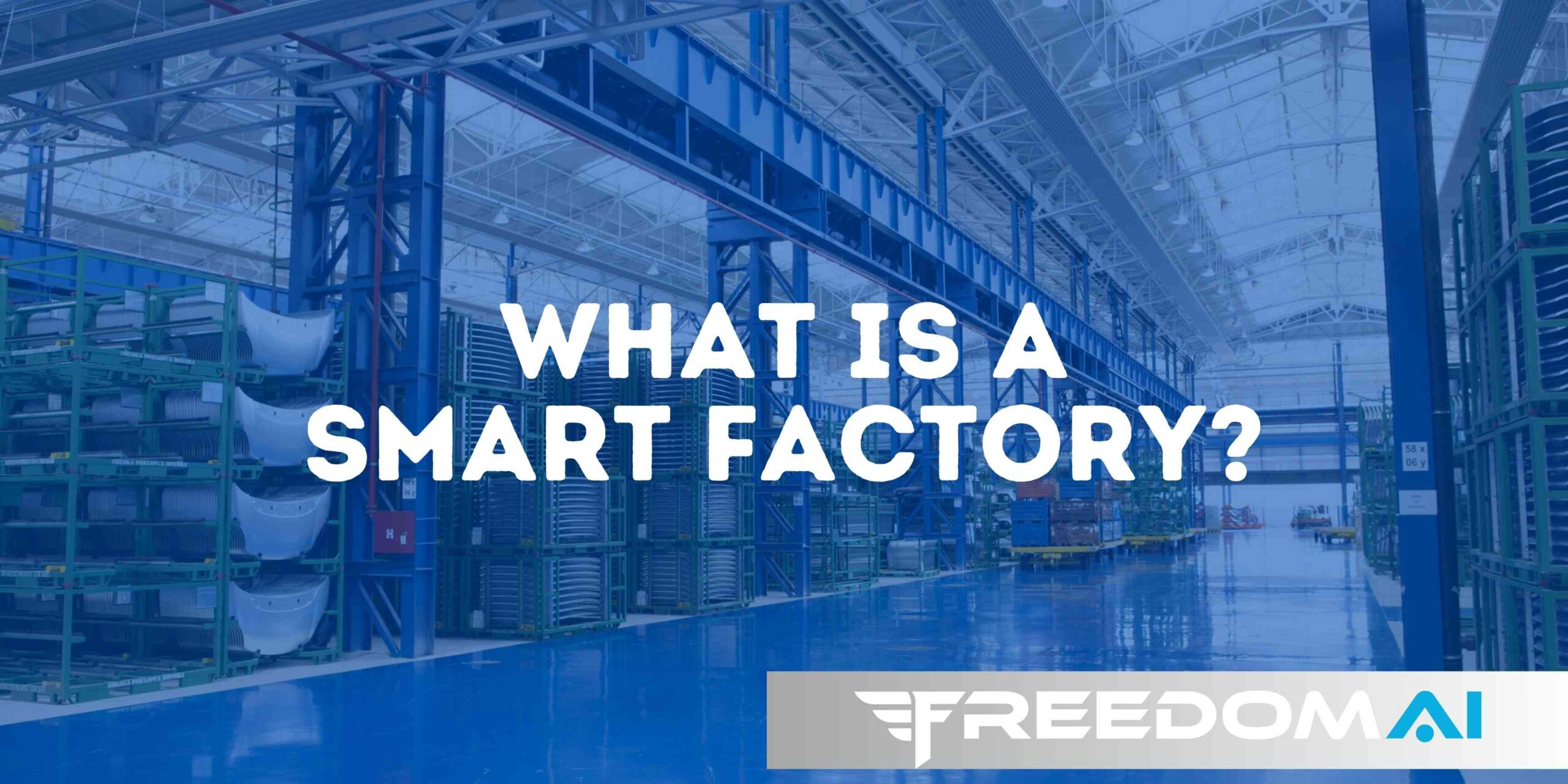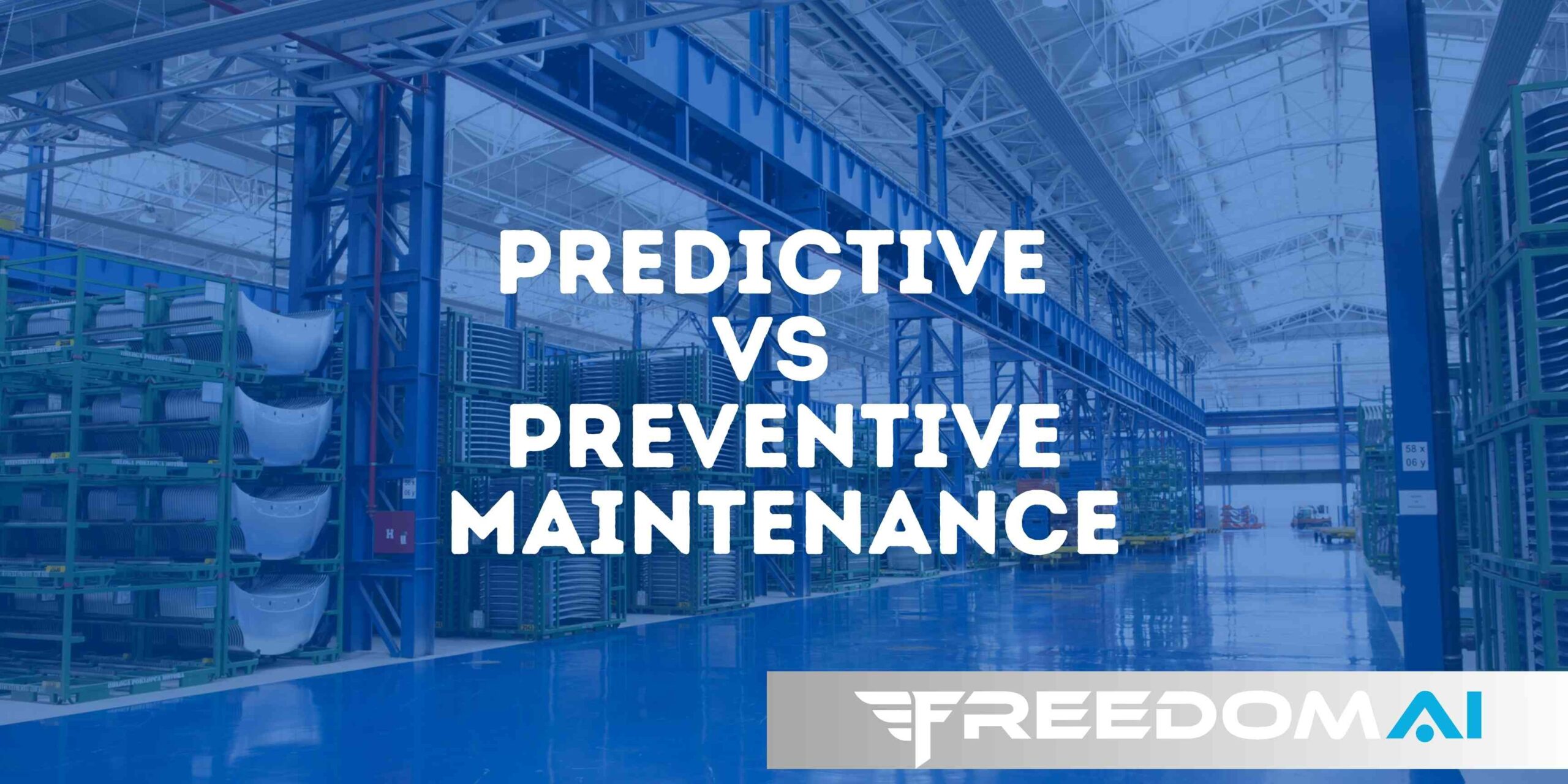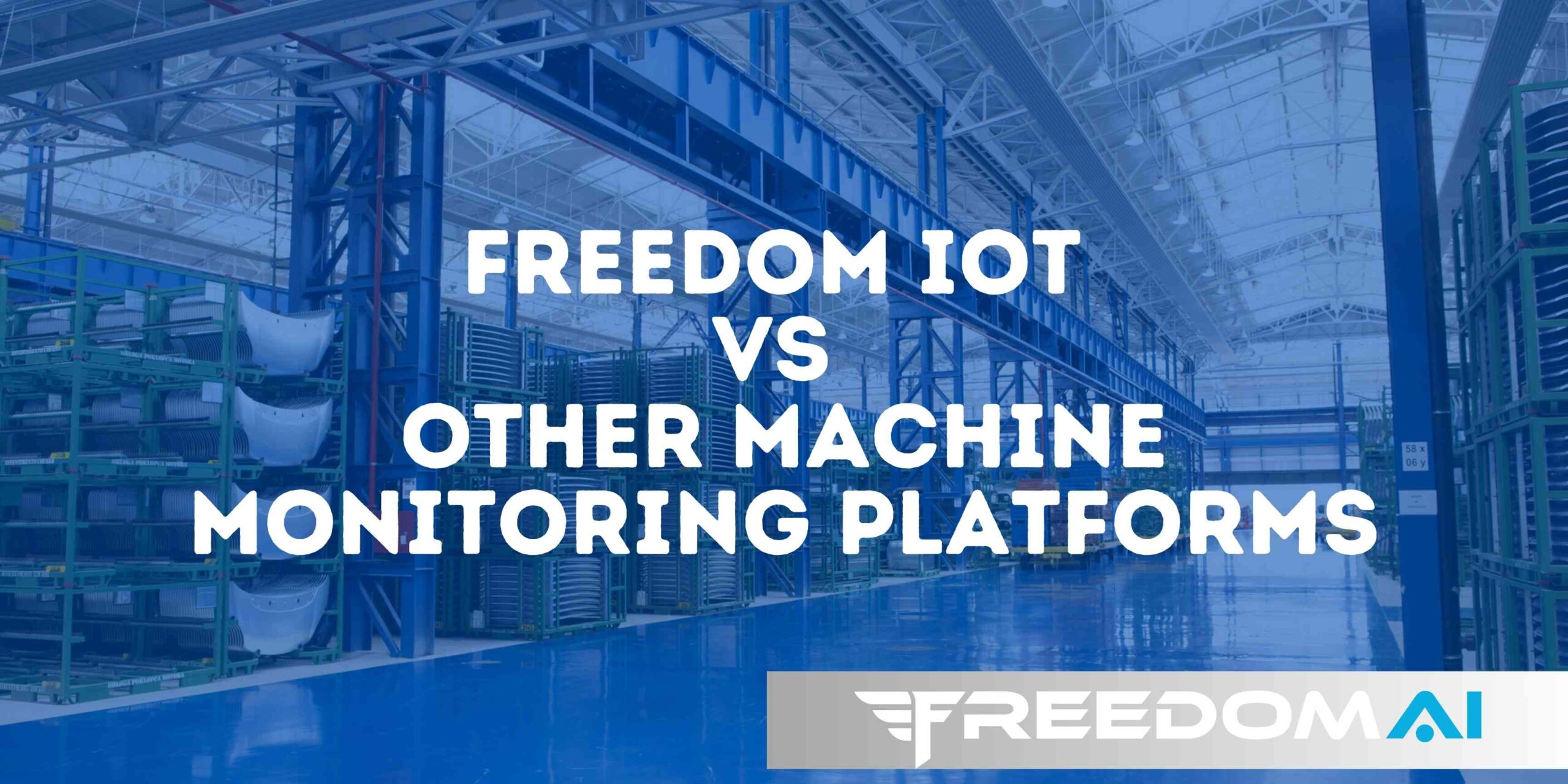What is a Smart Factory?
A smart factory is a highly digitalized and connected production facility that leverages advanced technologies like IoT, machine monitoring, automation, and artificial intelligence (AI) to optimize manufacturing processes. In simple terms, it’s the next evolution of the factory—where machines, systems, and humans work together seamlessly through real-time data.
Why the Smart Factory Matters in Manufacturing
Manufacturing is more competitive than ever. Rising costs, global supply chain challenges, and increased demand for customization mean companies must find new ways to improve efficiency and agility. A smart factory addresses these challenges by:
- Providing real-time visibility into operations
- Predicting equipment failures before they happen
- Reducing waste and downtime
- Enhancing product quality
- Supporting flexible production and faster time-to-market
Key Benefits and Use Cases of a Smart Factory
Benefits:
- Increased Efficiency: Streamline operations and reduce bottlenecks through automation and real-time data.
- Improved Quality: Detect defects early with connected quality monitoring.
- Predictive Maintenance: Use machine data to schedule service before breakdowns occur.
- Agility: Easily adapt production to market changes or customer demand.
- Cost Savings: Lower downtime, waste, and energy use.
Use Cases:
- Machine Monitoring: Track utilization, OEE (Overall Equipment Effectiveness), and performance across the plant floor.
- Connected Supply Chains: Sync production with suppliers and distributors for just-in-time delivery.
- AI-Powered Analytics: Use predictive models to optimize scheduling, staffing, and throughput.
- Smart Energy Management: Monitor and reduce energy usage across operations.
Related Terms to Know
- Industrial IoT (IIoT): The use of connected sensors and devices in manufacturing.
- OEE (Overall Equipment Effectiveness): A key performance metric for machine utilization and efficiency.
- Machine Monitoring: Tracking performance and downtime through connected systems.
- Predictive Maintenance: Using analytics to anticipate equipment failures.
How Freedom IOT Supports Smart Factories
Freedom IOT helps manufacturers make the transition to a smart factory by connecting machines, collecting data, and delivering insights through its Freedom® platform. With modules for OEE tracking, eLOG event management, shift reporting, and seamless machine interfaces, Freedom IOT gives plant managers and decision-makers the tools they need to reduce downtime, increase productivity, and achieve operational excellence.
Glossary Definition
Smart Factory (noun):
A smart factory is a connected, data-driven manufacturing environment where machines, sensors, people, and systems communicate in real time to optimize production. By integrating technologies like IoT, AI, and automation, smart factories improve efficiency, quality, and agility while reducing downtime and costs. They represent a core concept within Industry 4.0 and the future of modern manufacturing.





